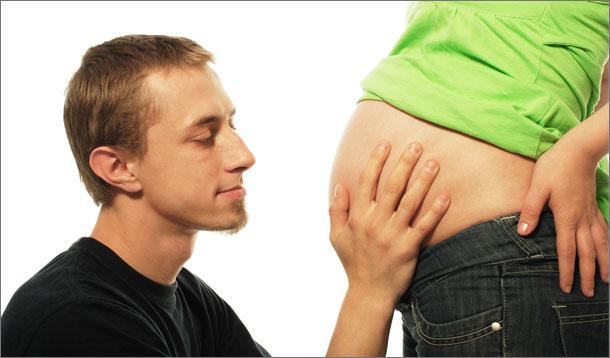
Congratulations. Your placenta is now fully formed. So you can breathe a deep sigh of relief. The chance of a miscarriage really drops at this point, as the placenta is now able to feed your little dictator the nutrients he needs.
Now is when most medical practitioners will want you to take certain tests, an important one being an alpha-fetoprotein (AFP) test. An increased or decreased level may suggest that your baby is at an increased risk of certain disorders, such as Spina Bifida or Downs Syndrome. But an elevated AFP could be a false positive; in many cases the doctor would then recommend amniocentesis or ultrasound to confirm if a problem exists.
An amniocentesis looks for chromosomal problems or genetic birth defects. A health care provider passes a thin needle through the uterus to withdraw amniotic fluid and sends it for testing. You should speak with your doctor and partner thoroughly before deciding whether you want this test because for obvious reasons, it can be risky.
Sometime around now you might start feeling a bit of quivering in your belly; it might just be gas (how romantic!), but it could also be your baby dancing a jig in there. Sometimes first-timers don't notice these movements (called quickening) until around 18 to 22 weeks simply because they don't know what it is that they are feeling. Seasoned moms might feel these first fetal movements earlier - sometimes as early as 14 weeks, especially if they're having more than one baby. Having twins? Triplets? Gasp – more?!?